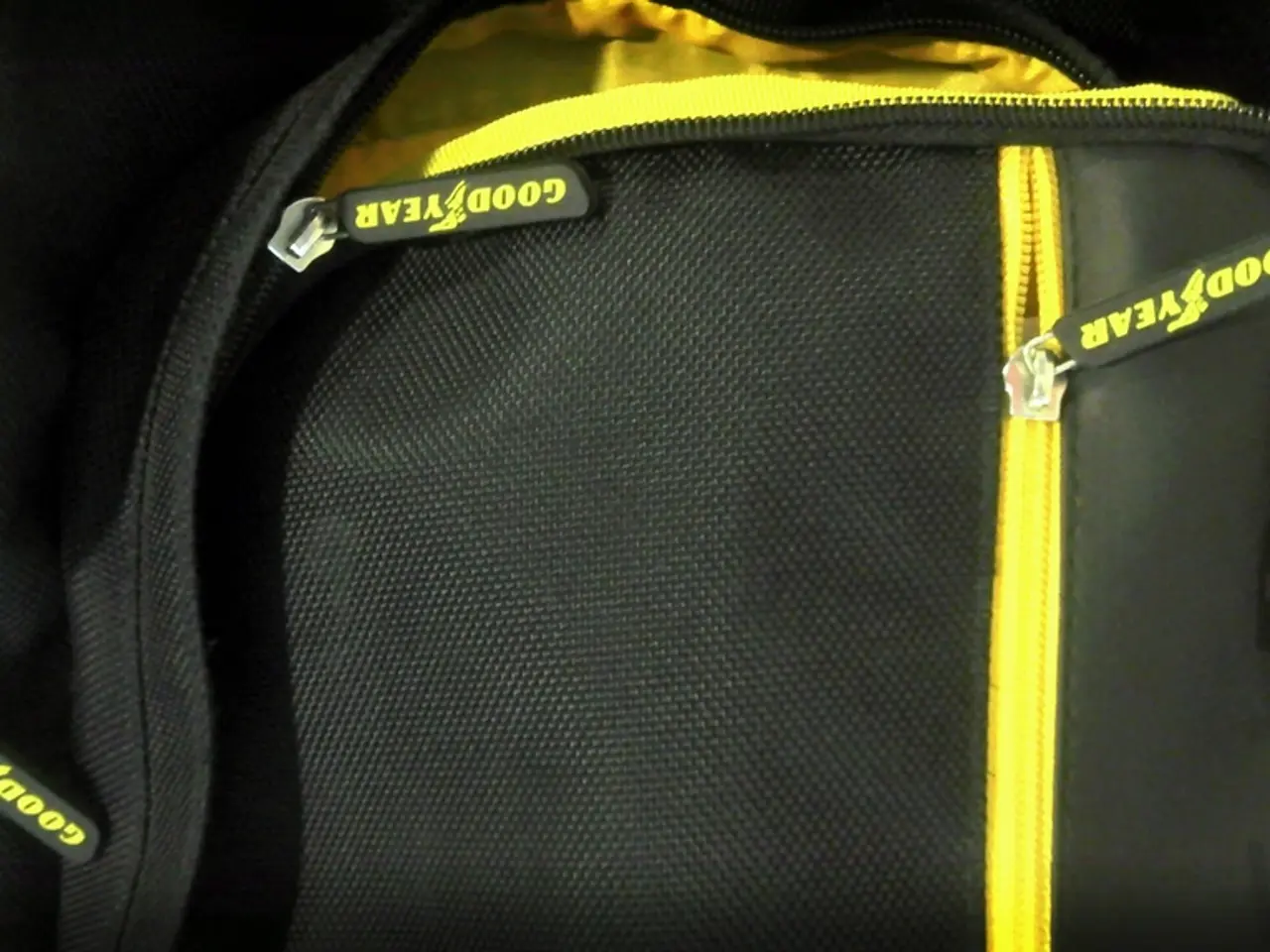Court Appearance by Ivey and Ledbetter: Pursuing Permission for Voucher School Athletic Participation
Governor Kay Ivey Files Complaint Against Alabama High School Athletic Association
In a move aimed at expanding educational opportunities for students, Alabama Governor Kay Ivey and House Speaker Nathaniel Ledbetter have filed a complaint against the Alabama High School Athletic Association (AHSAA). The complaint seeks to overturn a decision by the AHSAA that prevents students on the state's new CHOOSE Act program from participating in athletics during their first year at a new school.
The CHOOSE Act, which went into effect this school year, allows eligible families to tap up to $7,000 in state funding to help pay for private school or to transfer to a public school, and up to $2,000 for homeschooling expenses. This act was designed to give every child a true choice in their education, and that very much includes participation in athletics, according to Governor Ivey.
However, the AHSAA has a rule that any student who transfers to a new school and receives financial aid, such as through the CHOOSE Act, is ineligible for athletic participation for one year. The AHSAA ruled that the CHOOSE Act provides a type of financial aid, thereby blocking students from participating in athletics during their first year at a new school.
The complaint was filed in Montgomery Circuit Court shortly after the board of the AHSAA refused to reverse its decision. The court action comes as a number of states are using vouchers, tax credits, or scholarships to help families pay for private school or education costs outside of the public school setting.
The majority of families participating in the CHOOSE Act program were already enrolled in private school or were being homeschooled last year. This school year, 23,429 students are participating in the CHOOSE Act program, with more than half attending private schools. Only 1,442 students are using the CHOOSE Act to transfer to public schools.
The eligibility for the CHOOSE Act is initially limited to families earning up to 300% of the federal poverty level, which is about $77,460 for a family of three. Lower-income families and families with students with disabilities will have priority for funds in the CHOOSE Act program. The income cap for the CHOOSE Act will go away in 2027.
The AHSAA stated that this policy promotes competitive equity and deters recruitment. However, the complaint argues that this policy unfairly penalises students who are using the CHOOSE Act to access better educational opportunities and participate in athletics.
The AHSAA's policy mirrors a regulation by the National Collegiate Athletic Association (NCAA), which prohibits any student-athlete who receives financial support from a new school from participating in athletic competitions during their first year at that school. It remains to be seen how this court action will impact the future of the CHOOSE Act and the participation of its students in athletics.
Read also:
- visionary women of WearCheck spearheading technological advancements and catalyzing transformations
- Recognition of Exceptional Patient Care: Top Staff Honored by Medical Center Board
- A continuous command instructing an entity to halts all actions, repeated numerous times.
- Oxidative Stress in Sperm Abnormalities: Impact of Reactive Oxygen Species (ROS) on Sperm Harm








